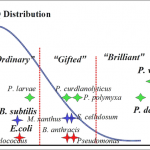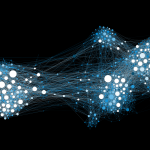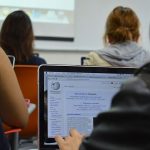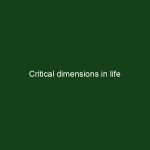One of the most interesting questions starring in the latest discussions is : “How long does it take to generate a visual marker?”. When we describe generation of visual markers we include several different activities, that light up different parts of the brain. Some of them take longer, others are lightening fast. Moreover, the complexity …
Continue reading “How long does it take to generate a marker? – Part 1”











